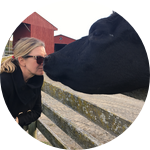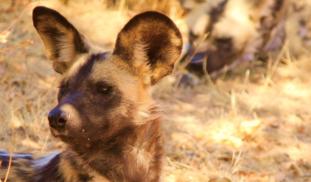Please wait...
About This Project
Rabies is one of the greatest threats to the continued survival of the African wild dog (Lycaon pictus). Vaccination has the potential to prevent mass mortalities associated with the virus, but single-dose strategies may not result in sufficient immunity. This study therefore focuses on the effects of a rabies booster vaccination on serum antibody levels in African wild dogs. Results may serve to inform future vaccination programmes and help secure the future of this endangered species.
More Lab Notes From This Project

Browse Other Projects on Experiment
Related Projects
CaniSense– AI-powered blood test for early cancer detection in dogs
Cancer is the leading cause of death in dogs, yet no reliable methods for early screening exist. At testblu...
Shutting down cancer’s recycling system with exosome-based therapy
Pancreatic cancer is one of the deadliest cancers because its cells survive by recycling their own components...
Developing a novel oxysterol antibiotic to combat drug-resistant tuberculosis
Drug-resistant tuberculosis (TB) is a consistently growing threat to global health. We have developed Oxy291...





